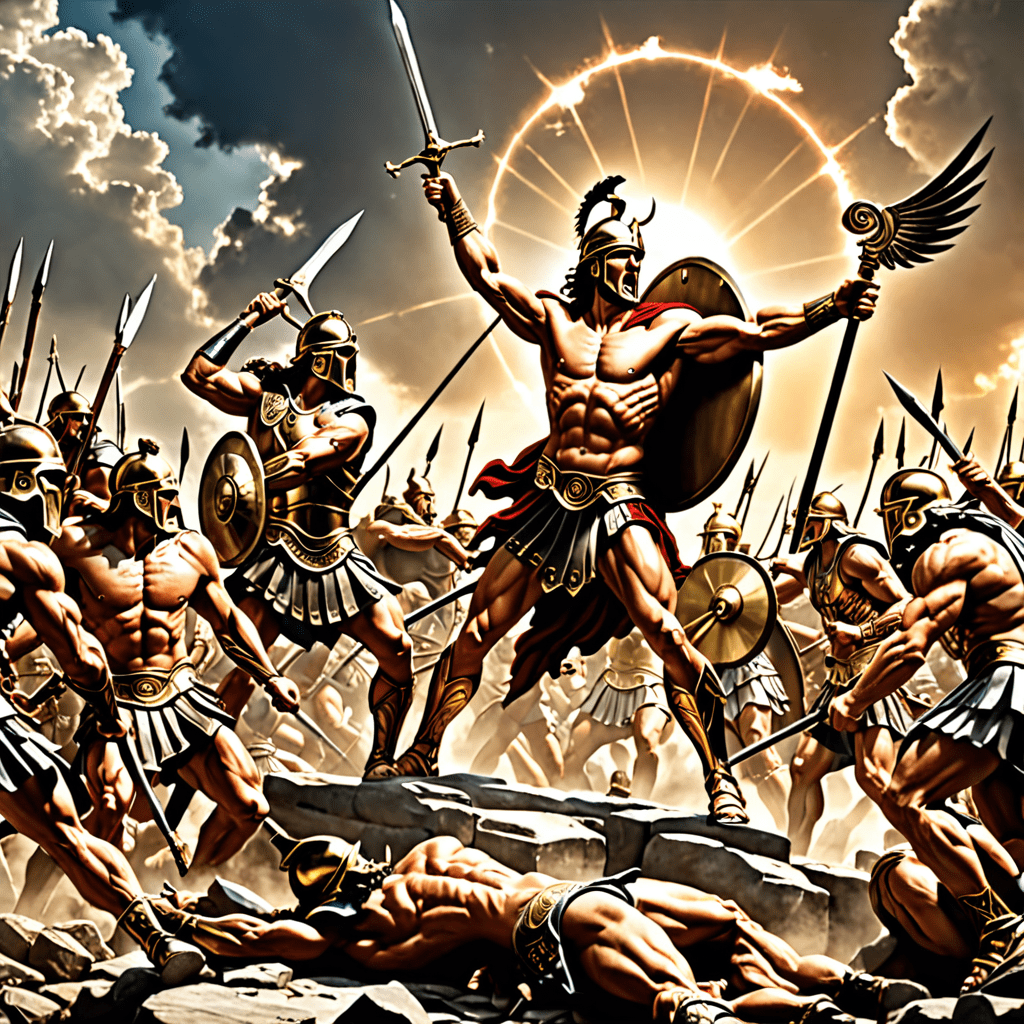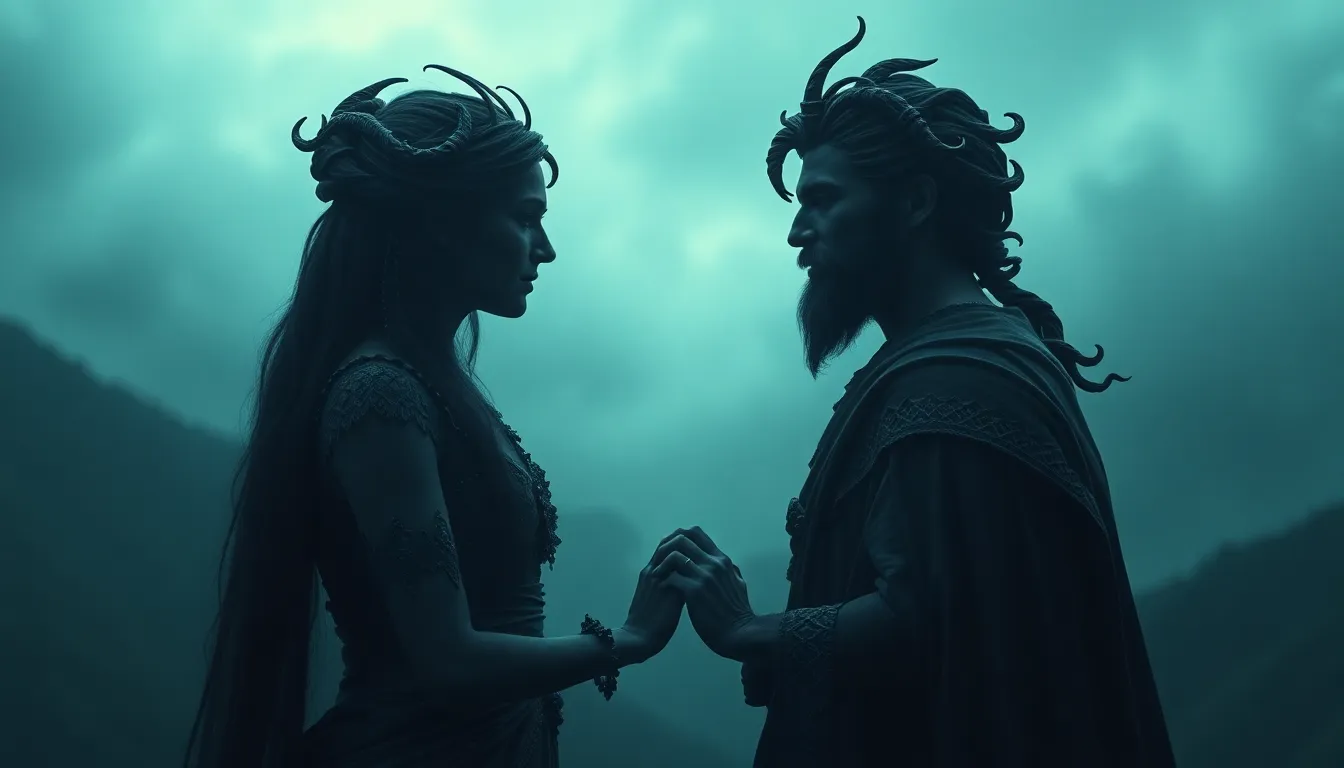The Representation of War in Greek Mythology
Greek mythology is rich with stories of epic battles, heroic deeds, and the enduring struggle between gods, heroes, and monsters. War in Greek mythology was not merely a physical conflict, but a reflection of cosmic and moral forces at play. Let’s explore how war was represented in Greek myths and its significance.
1. The Gods of War
War in Greek mythology was often personified by Ares, the god of war. Known for his ferocity and love of battle, Ares embodied the brutal and chaotic aspects of war. On the other hand, the goddess Athena represented strategic warfare, wisdom, and courage. She was a symbol of disciplined warfare and righteous combat. Their contrasting approaches to war highlighted the duality of conflict – from chaotic destruction to methodical strategy.
2. Legendary Battles and Heroes
Many Greek myths revolve around legendary battles and iconic heroes like Achilles, Hector, and Perseus. The Trojan War, a central event in Greek mythology, showcased the devastating impact of war on both mortal and immortal beings. These tales exemplified the honor, glory, and tragic consequences of war, portraying heroes who faced moral dilemmas and ultimate sacrifices on the battlefield.
3. Themes of War in Greek Myths
War in Greek mythology explored various themes such as hubris, fate, vengeance, and the consequences of power. The myth of the Titanomachy, the war between Titans and Olympian gods, underlined the cosmic struggle for supremacy and the changing of eras. The motif of “heroic warfare” emphasized bravery, loyalty, and the eternal quest for glory amidst personal and societal conflicts.
4. Symbolism and Legacy
War in Greek mythology served as a metaphor for internal struggles, psychological battles, and the eternal conflict between order and chaos. The legacy of myths like the Iliad and the Odyssey continues to influence literature, art, and popular culture, reflecting the enduring fascination with war and its complex repercussions on humanity.
FAQ about the Representation of War in Greek Mythology
What role does war play in Greek mythology?
War holds a significant place in Greek mythology, often depicted as a tool for asserting power, resolving conflicts, and showcasing heroic deeds of warriors and gods alike.
Who are the key figures associated with war in Greek mythology?
Some prominent figures associated with war in Greek mythology include Athena, the goddess of strategic warfare, Ares, the god of brute force and bloodlust, and Achilles, the greatest warrior of the Trojan War.
How are battles and wars depicted in Greek myths?
Battles and wars in Greek myths are often portrayed as epic conflicts influenced by divine intervention, where mortals and immortals engage in fierce combat, showcasing themes of valor, glory, betrayal, and tragedy.
What are some famous war-related myths in Greek mythology?
Some well-known war-related myths include the Trojan War, the Labors of Heracles, the Battle of the Titans and Olympian gods, and the myth of the Amazons – fierce warrior women who challenged Greek heroes.
How do Greek myths reflect the attitudes towards war and conflict in ancient Greece?
Greek myths reflect the complex attitudes towards war in ancient Greece, acknowledging both the glorification of heroic warfare and the devastating consequences of unchecked aggression and hubris.



